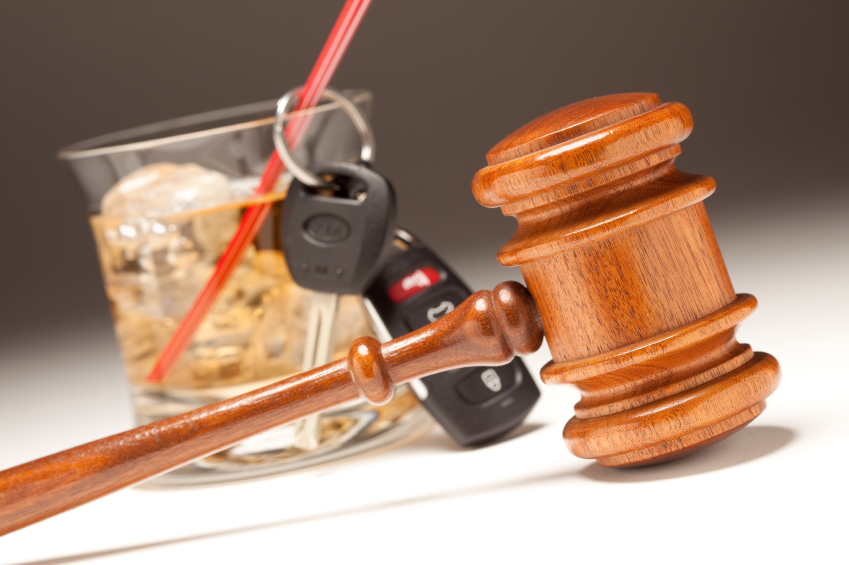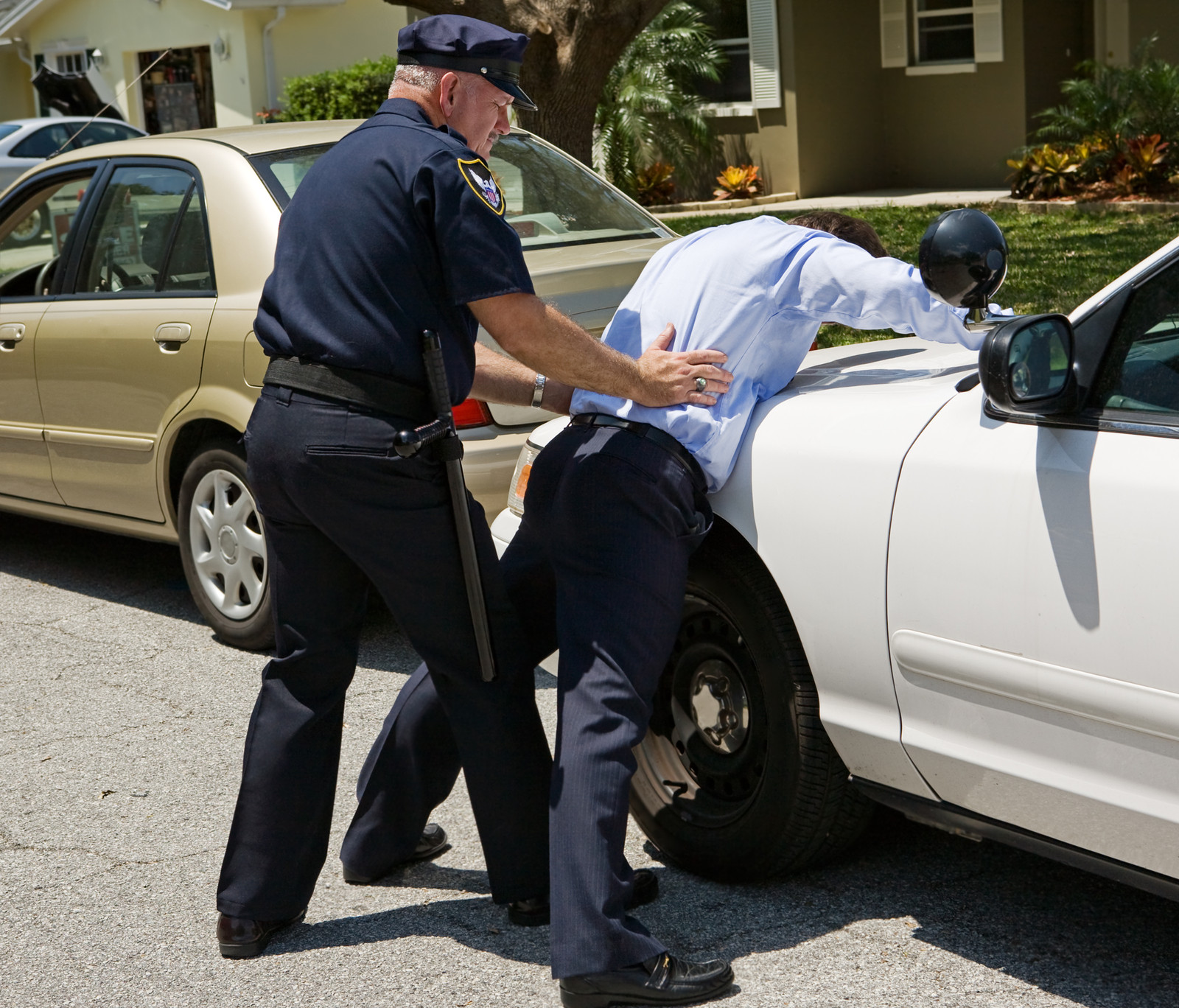
OWI Lawyer – 5 Things to Know When Stopped By Police For DUI
Many people who are stopped by police are unsure how to handle the situation. Aaron J. Boria is an experienced criminal defense lawyer. This blog is dedicated to helping people handle a police interaction and to avoid getting abused during a police interaction. That’s right, failure to handle a police interaction properly could result in being charged with additional criminal charges, being physically abused, or worse.
If you have been charged with a drunk driving offense contact Michigan OWI lawyer, Aaron J. Boria (734) 453-7806. We have defended police officer’s children, medical practitioners, and other lawyers. If you have been charged with a crime hire the lawyer the professional hire, call Boria today.
Here are 5 things to know when being stopped by police for suspicion of drinking and driving.
1. Being Pulled Over By Police
Cops can pull you over for any violation of the traffic code. Even if you were driving one mile per hour over the speed limit a cop can legally stop you.
When you pull over try to pull over in as safe of an area as possible. If it is dark out try to pull over in a lit area where other people may be present. If the area is dark and you do not feel safe put your emergency lights on and slow down so that the officer knows you are going to stop and are not trying to flee. Pull over as soon as reasonably safe to do so.
If you are unsure if the person pulling you over is a real police officer call 911 and make certain before stopping your vehicle.
2. Interacting with the Police
Put your car in park and turn the vehicle off. Roll your widow down and have your license, registration, and insurance ready. Keep your hands on the wheel where the officer can see them. If you have to reach for something tell the officer where you are going to reach and what you are reaching for, and do it slowly. This is for your safety to avoid getting grabbed, attacked, or shot in the event the office thinks you are reaching for a weapon.
When the officer is speaking with you keep your answers short and sweet. The officer may ask you why he stopped you. Even if you know do not answer the question, this answer will be used against you later in court.
3. Ordering out of the car
Follow the orders given by the officer. If the officer orders you out of the vehicle get out. Even if you believe the officer should issue you a ticket and send you on your way this is not the place to litigate your traffic stop; arguing with the officer could result in being charged with additional crimes, a beatdown, or both.
If the officer orders you out of the car roll your window up and lock the vehicle behind you. If the officer asks you if he can search your car you have a legal right to say, no. Don’t worry if the officer claims he will get a warrant, get a dog, or claims that you look guilty by not letting him search your car. A bad search can always be challenged in court, but if you give consent you will lose that argument every time.
*Note: If the officer sees evidence of a crime in the vehicle through plain sight, or claims he can smell marijuana, he is allowed to search your car.
Remember, if the officer searches your car without your consent, without a warrant, and without a warrant exception don’t litigate the issue in the street with the officer. You may end up charged with an additional crime, a beatdown, or both.
4. Suspicion of Drunk Driving
If the officer suspects that you have been drinking or using drugs prior to getting into the vehicle the officer will try to build a case against you. Ultimately, the officer’s goal is to get enough evidence in order to arrest you and require that you take a chemical test in order to prove that you are under the influence. To gain this evidence the officer will ask you to submit to field sobriety tests and a preliminary breath test.
You are not under any obligation whatsoever to perform any of the field sobriety tests. The only thing the field sobriety test will do is confirm the suspicion that you are under the influence. If you do not perform the test then the officer doesn’t gather any new information.
*Note: The officer can arrest you solely on a preliminary breath test of .08 or higher, so do not take the preliminary breath test.
If the officer does not have enough information to arrest you and require you to take a chemical test, and you refuse to perform the field sobriety test, then the officer still won’t have enough evidence to make you take a chemical test by refusing. Bottom line, you are better off not performing the field sobriety tests.
Remember, the answers you give to the officer’s questions can be used as evidence against you later.
5. What to do if you are arrested for DUI
If the officer places you under arrest he will ask you to submit to a chemical test under the Michigan Implied Consent Law. Refusing the chemical test under the Implied Consent law will result in losing your driving privileges for a year. It is possible that you will prevent the officer from gaining the evidence he needs to prosecute you, but more than likely he will get a warrant and obtain you blood anyway.
When deciding whether or not to submit to a chemical test under Michigan’s Implied Consent law it is a case-by-case basis. It is possible to be found not guilty of drunk driving but guilty of violating Michigan’s implied consent law and vice versa. (It is possible to appeal the chemical test refusal or obtain a restricted license based on a hardship but these issues are beyond the scope of this article)
* Note: The Implied Consent chemical test is a separate test from the preliminary breath test. The easiest way to discern between the preliminary breath test and the implied consent test is that the implied consent law only kicks in after you have been arrested for DUI.
Drinking and Driving Lawyer Aaron J. Boria
Michigan DUI lawyer, Aaron J. Boria, has represented countless people charged with drinking and driving. Many of these people are medical professionals, engineers, moms and dads, sons and daughters, and the like.
Boria takes pride in his work and strives to achieve the absolute best results for his clients. Boria has obtained not guilty verdicts in multiple criminal cases including drinking and driving, and has also obtained countless reductions, and dismissals.
If you have been charged with drinking and driving contact Michigan drinking and driving lawyer, Aaron J. Boria at (734) 453-7806 or shoot an email to borialaw@gmail.com.




